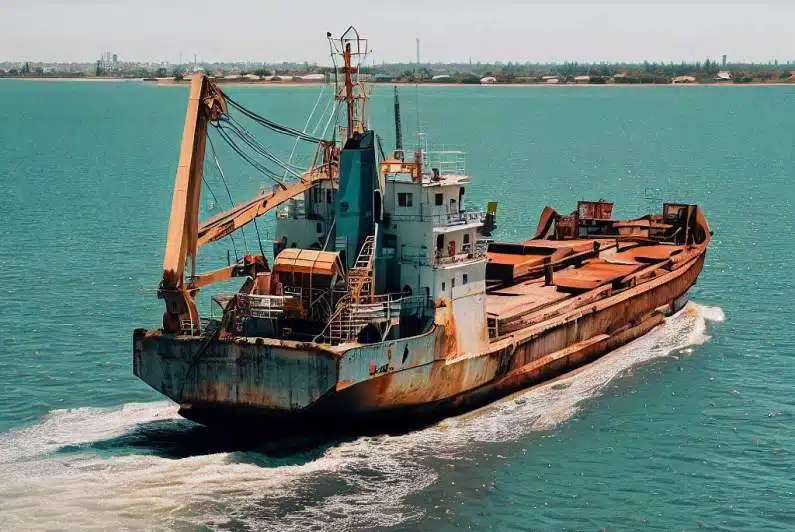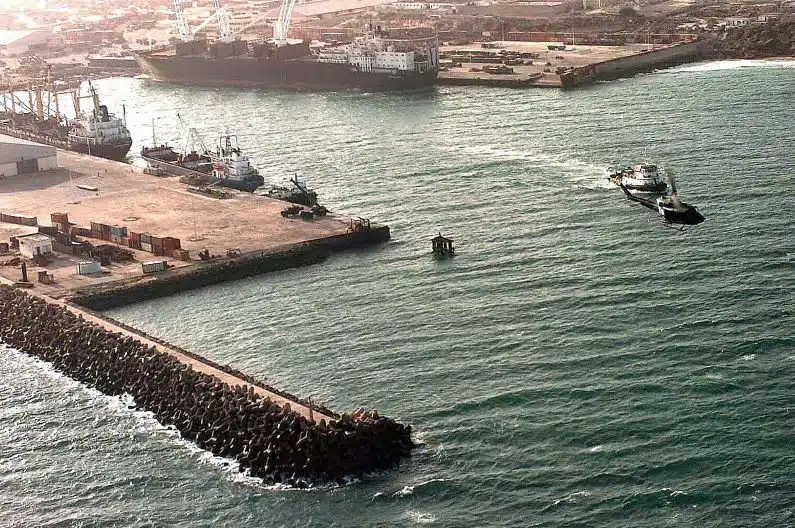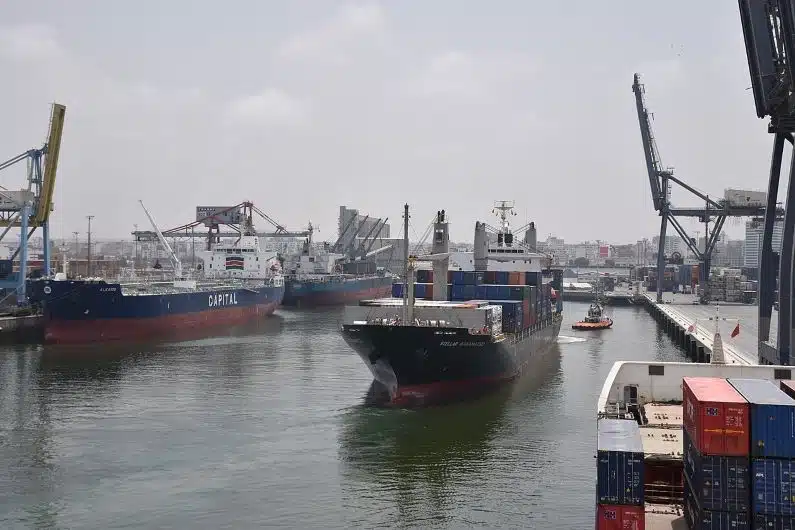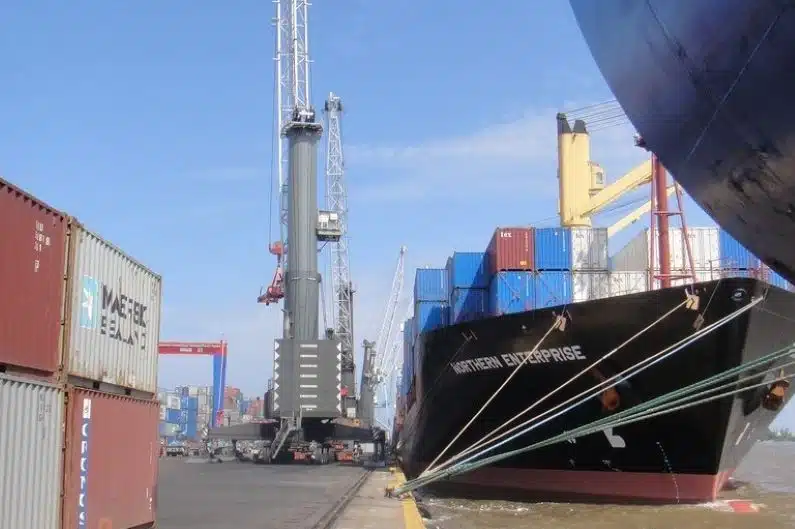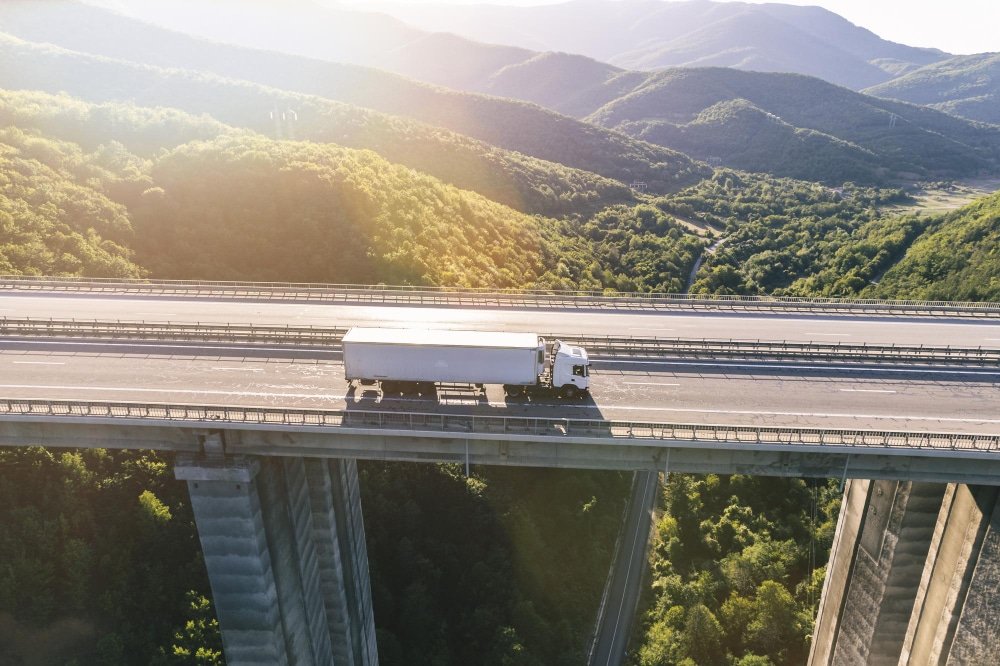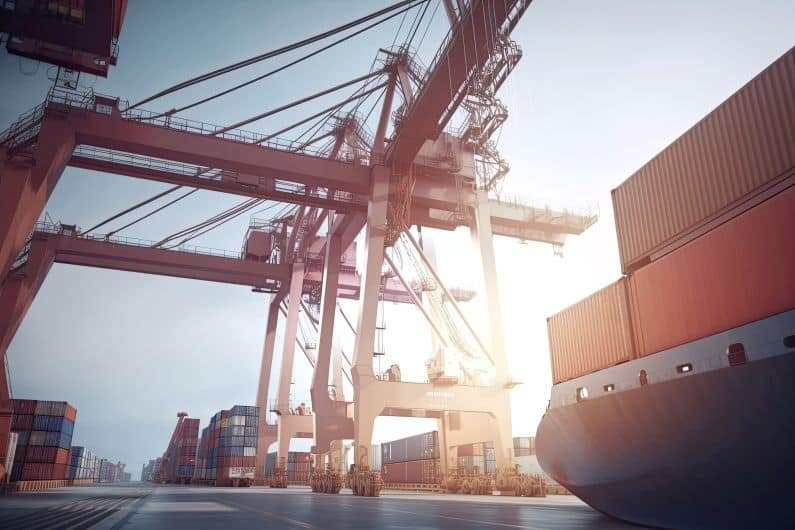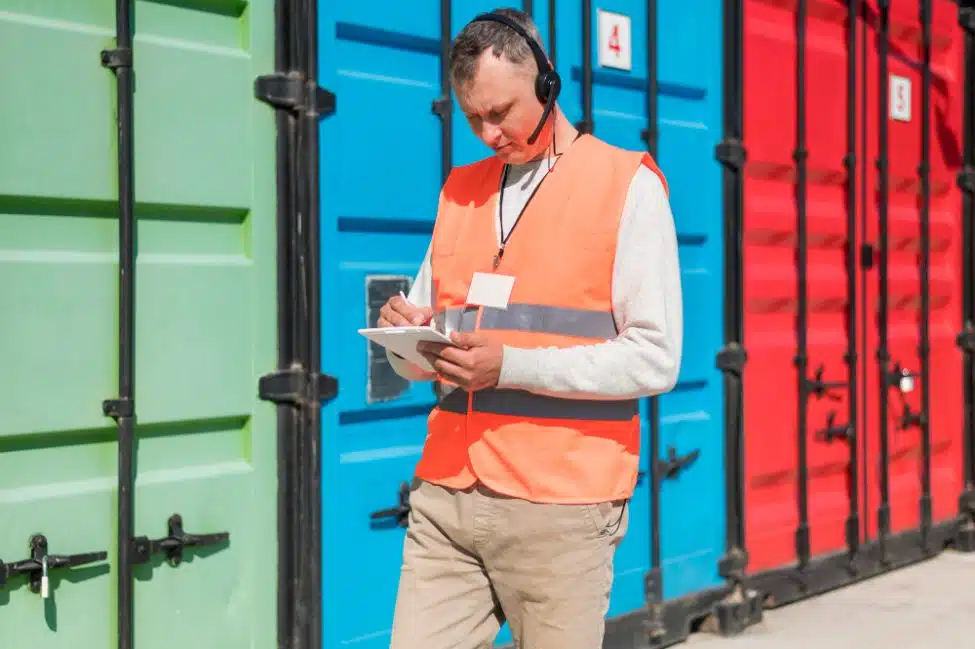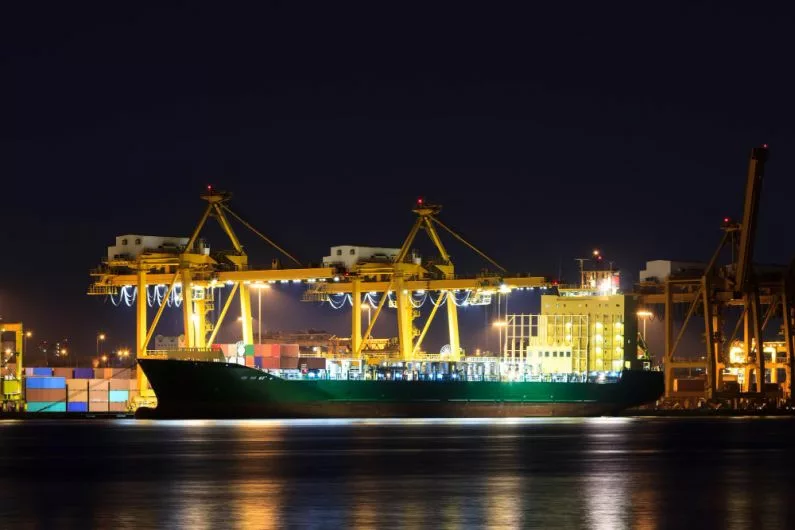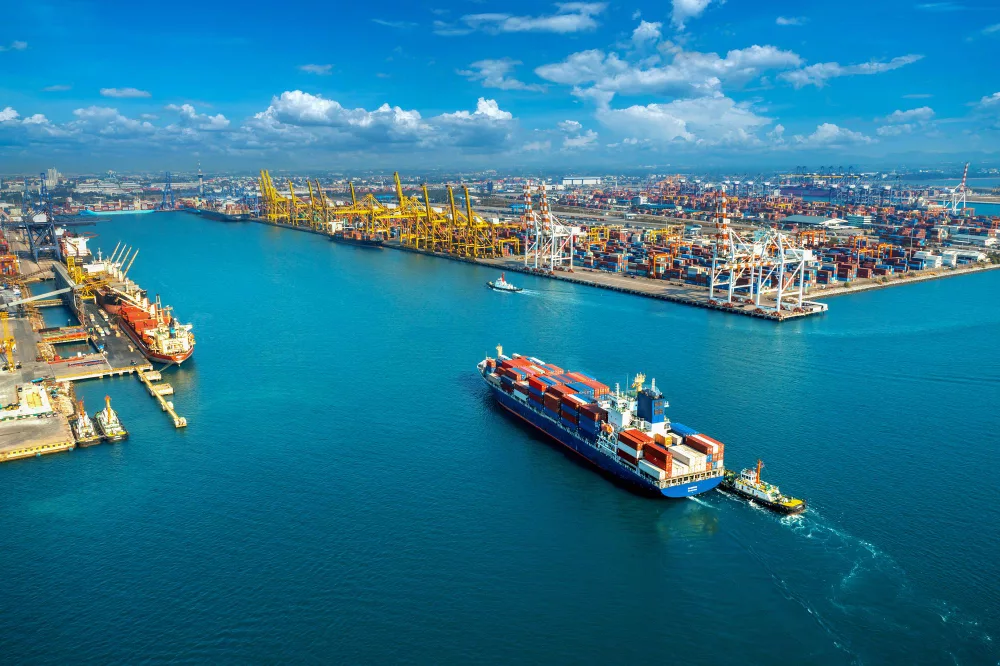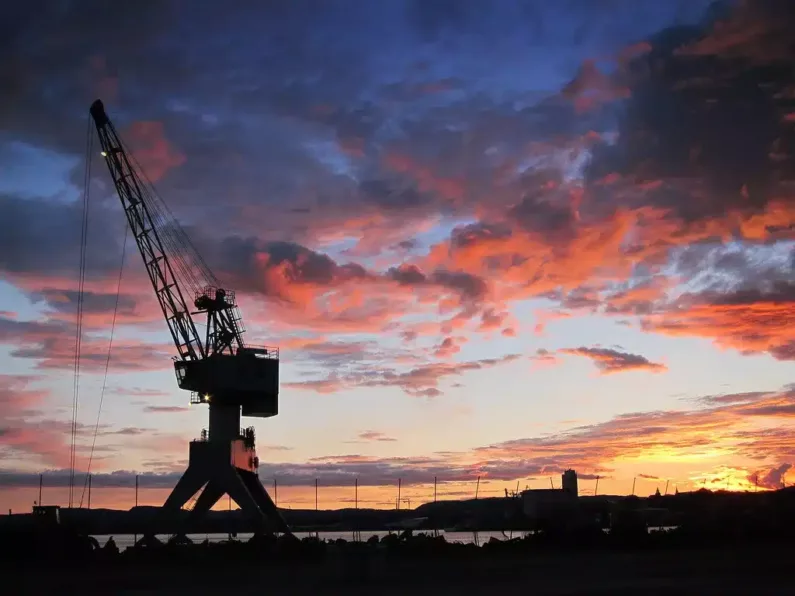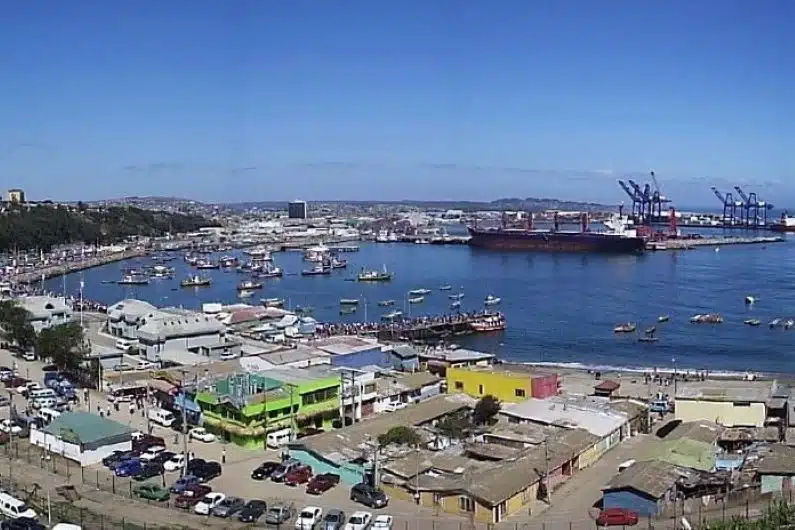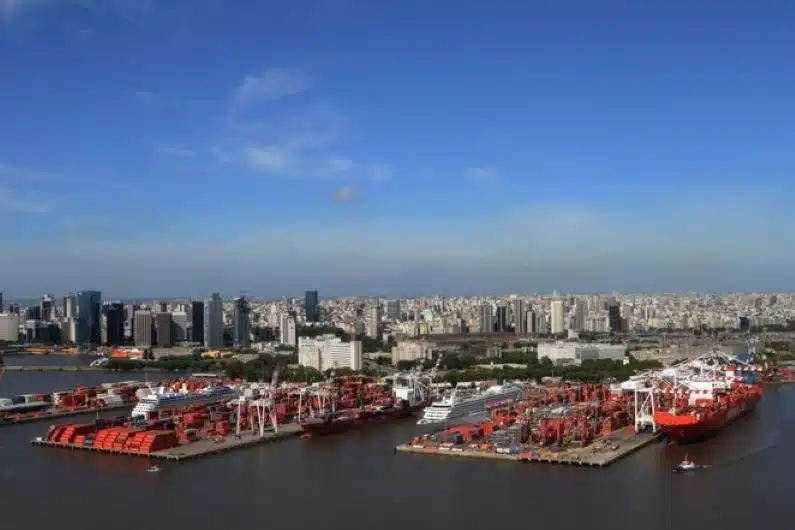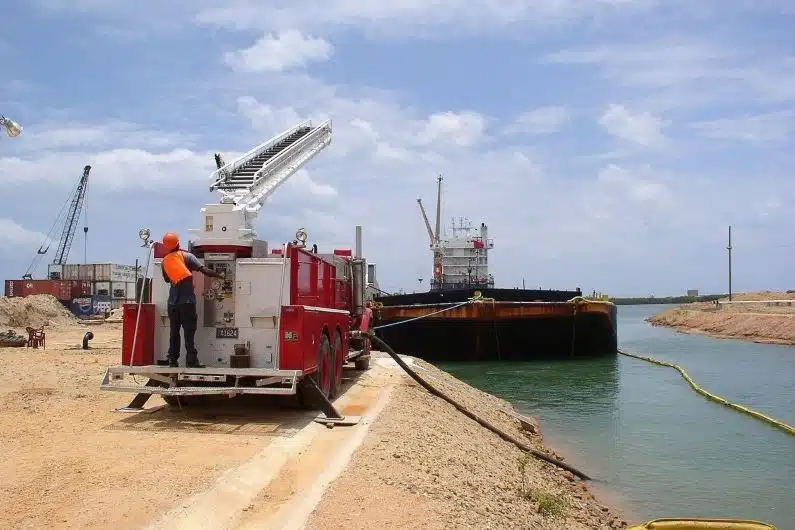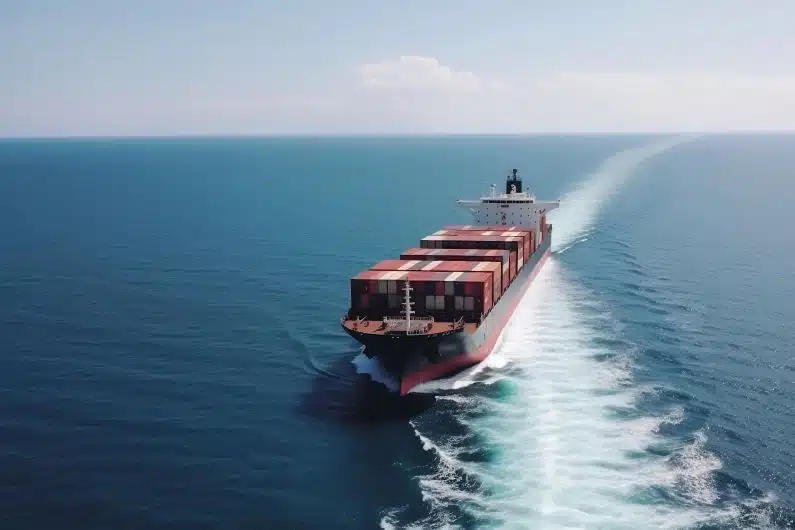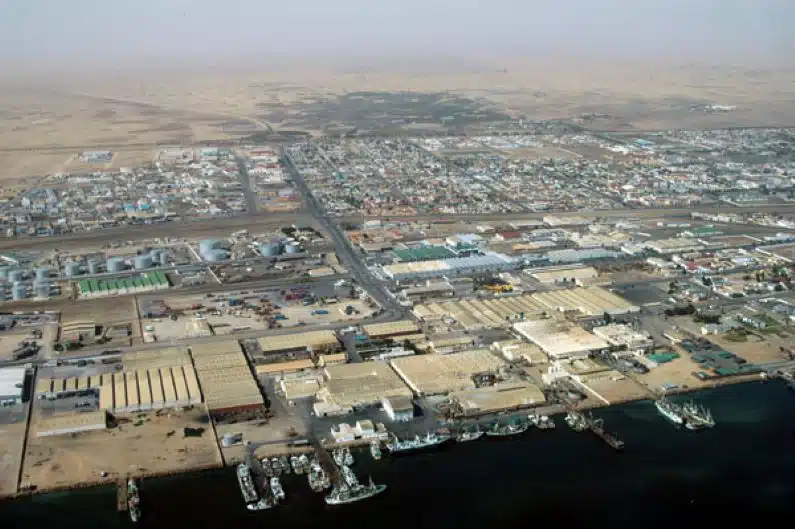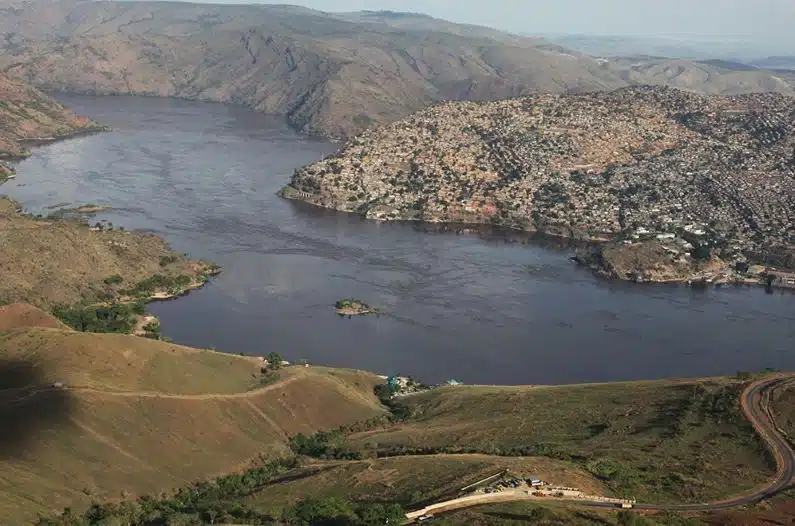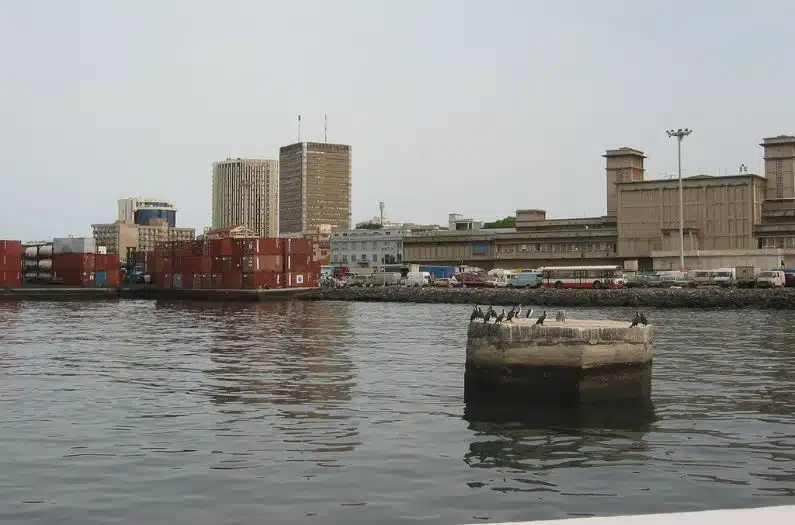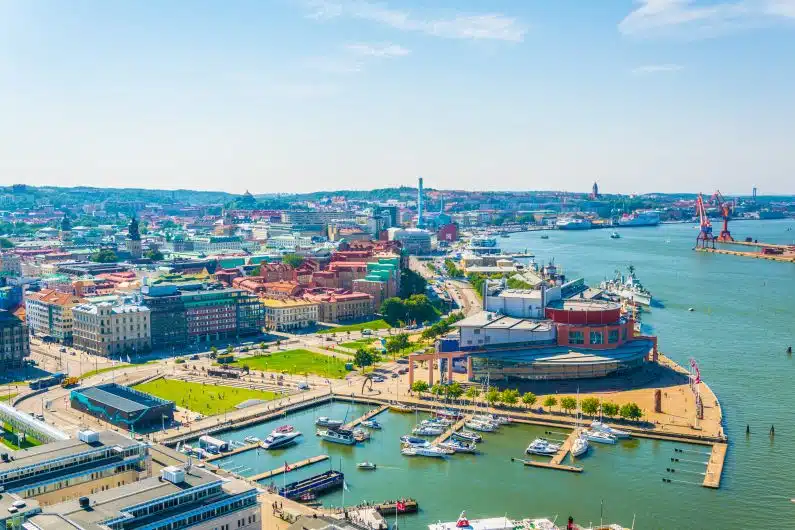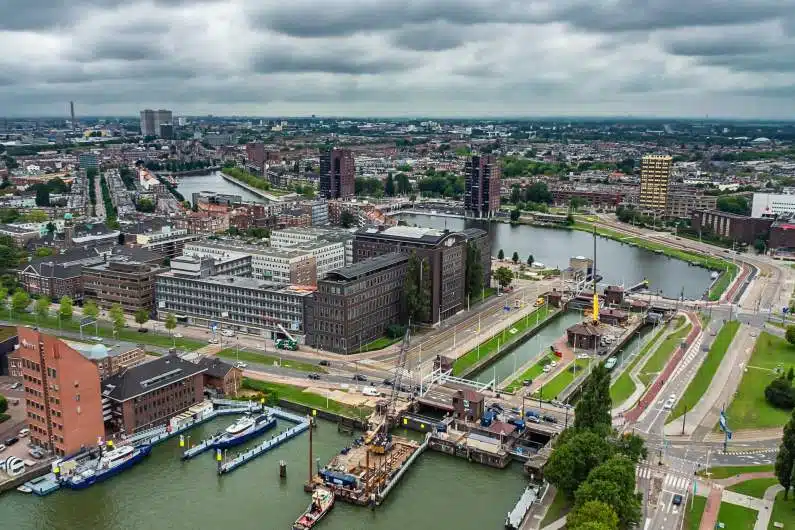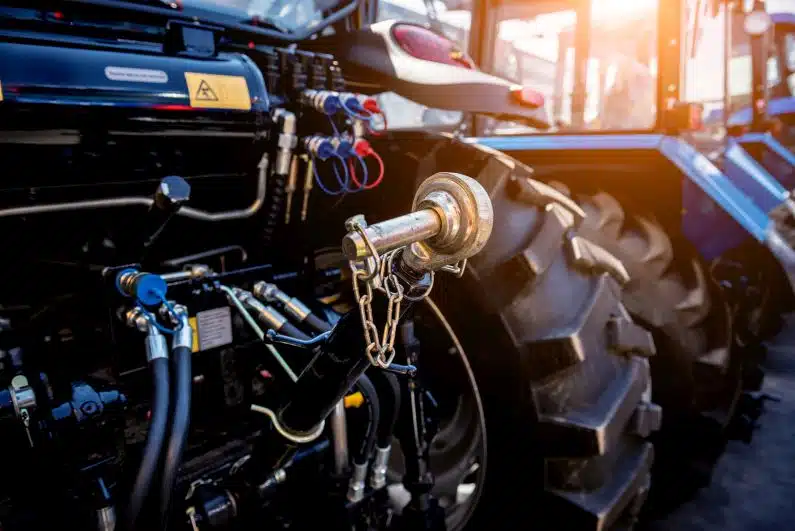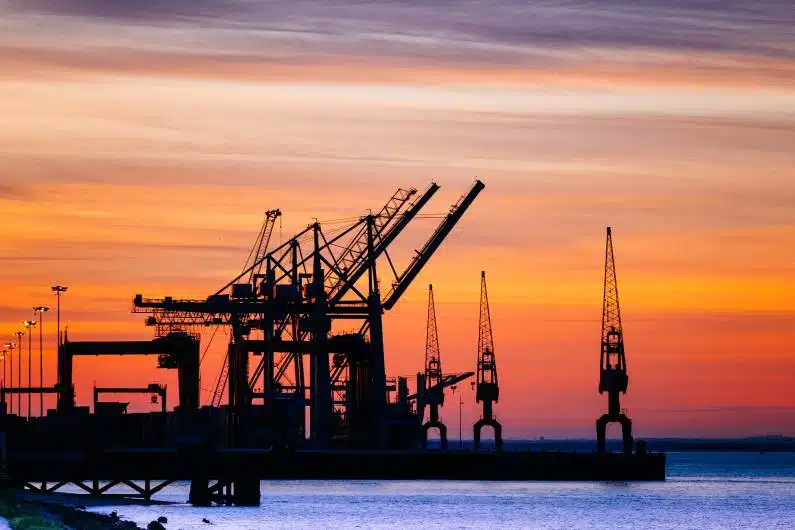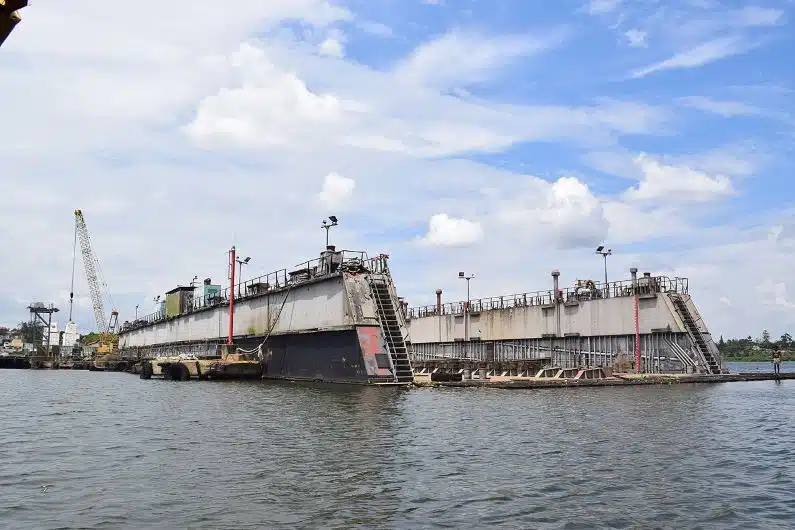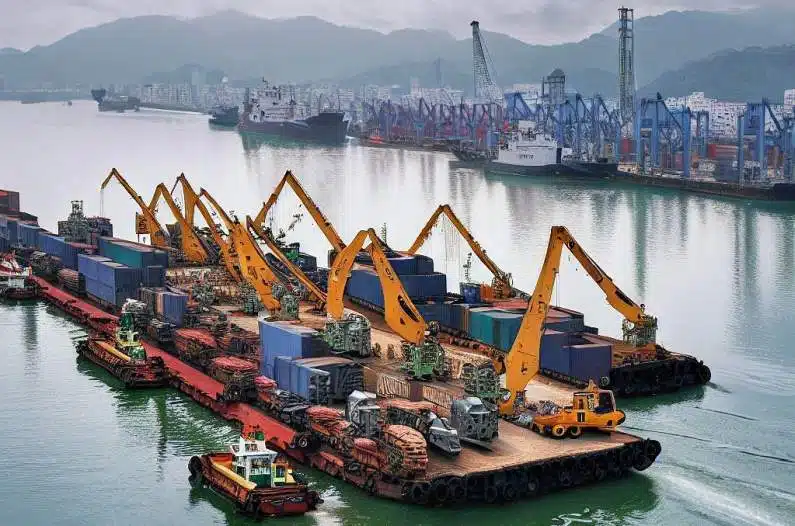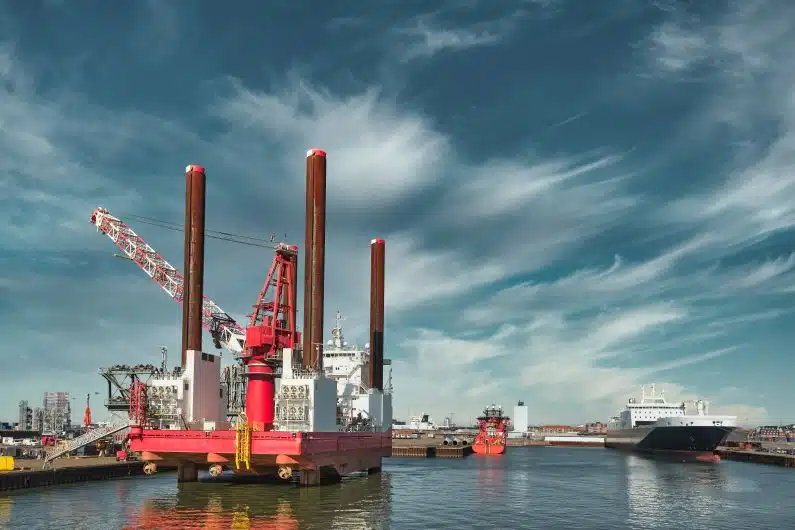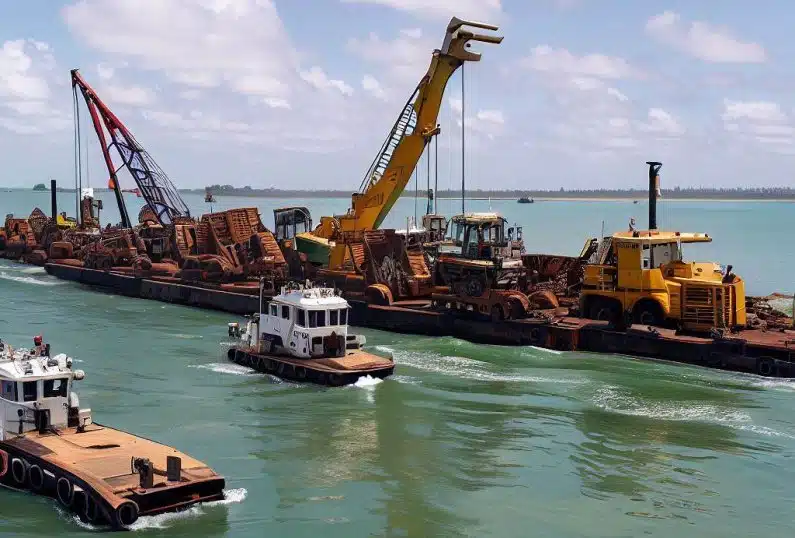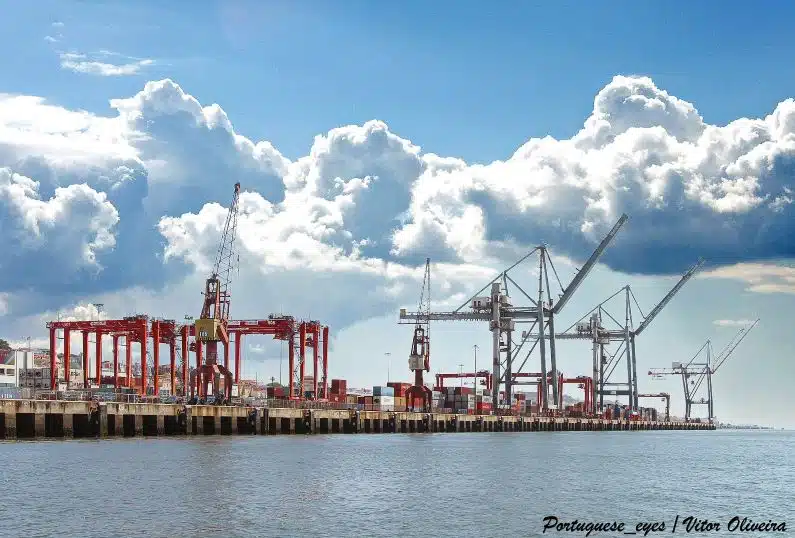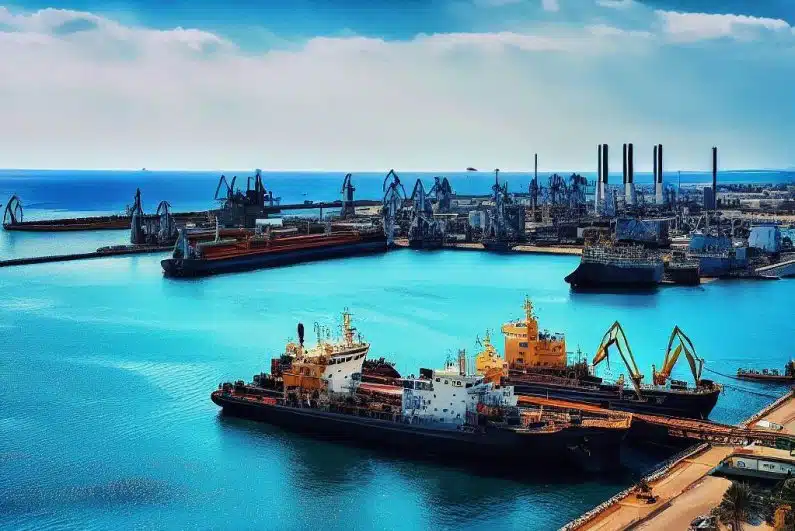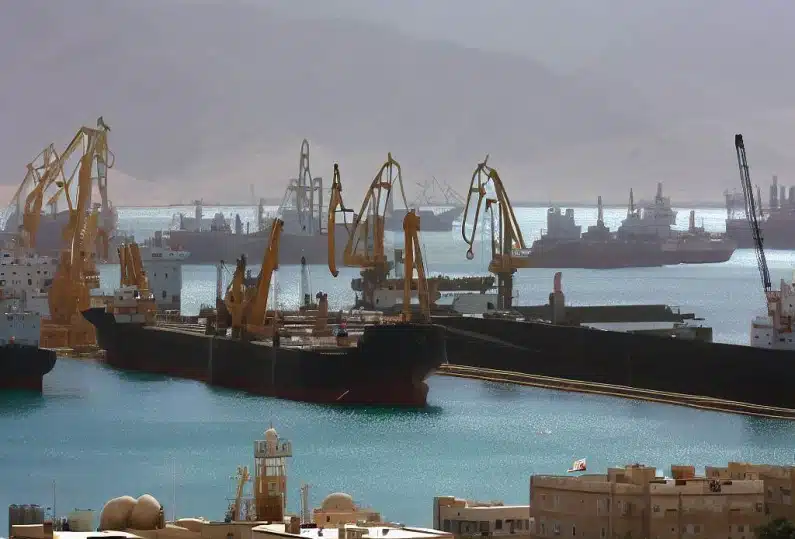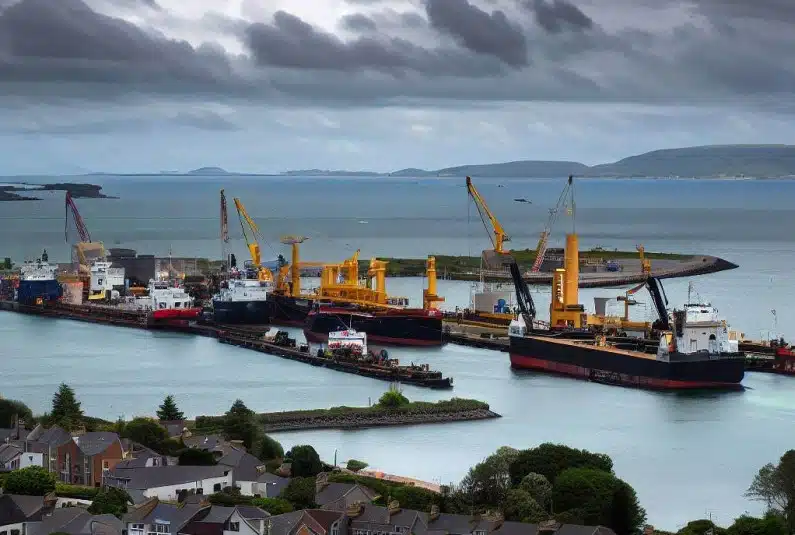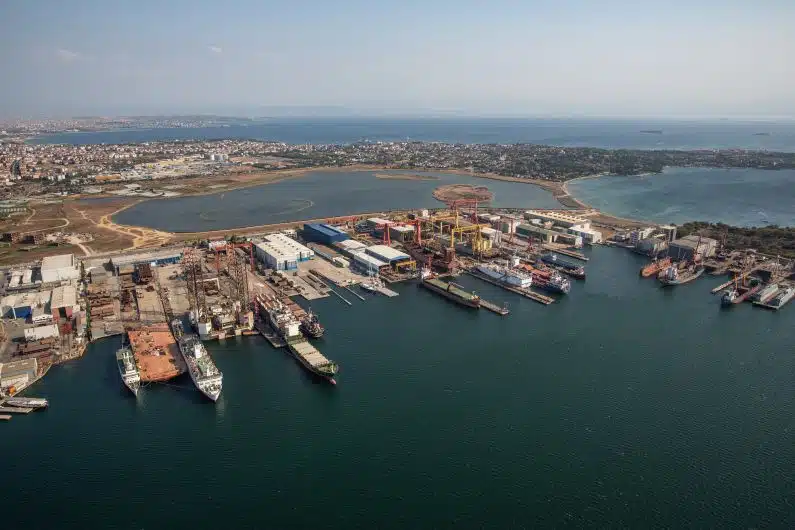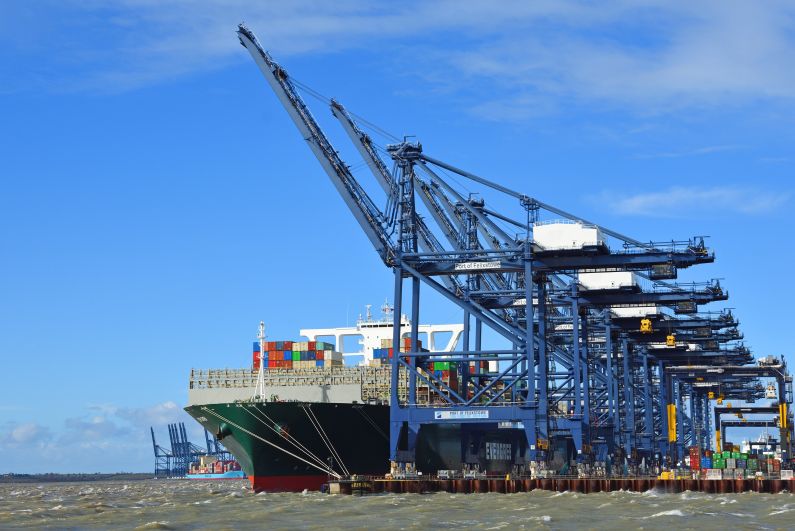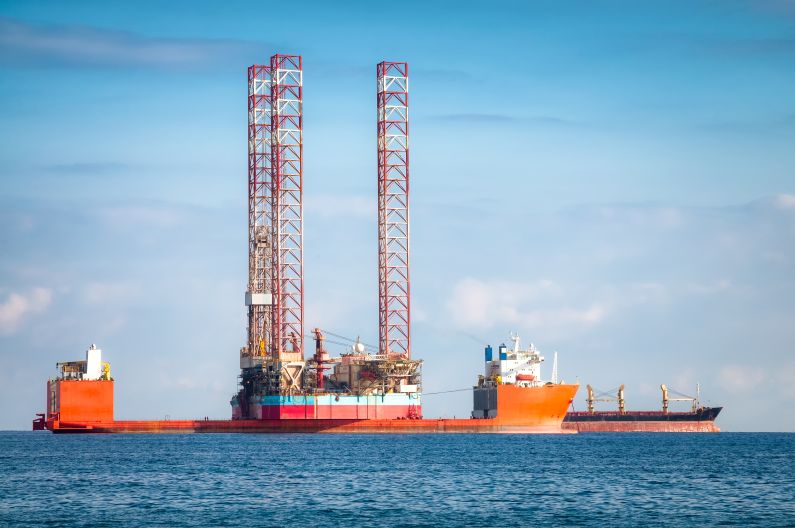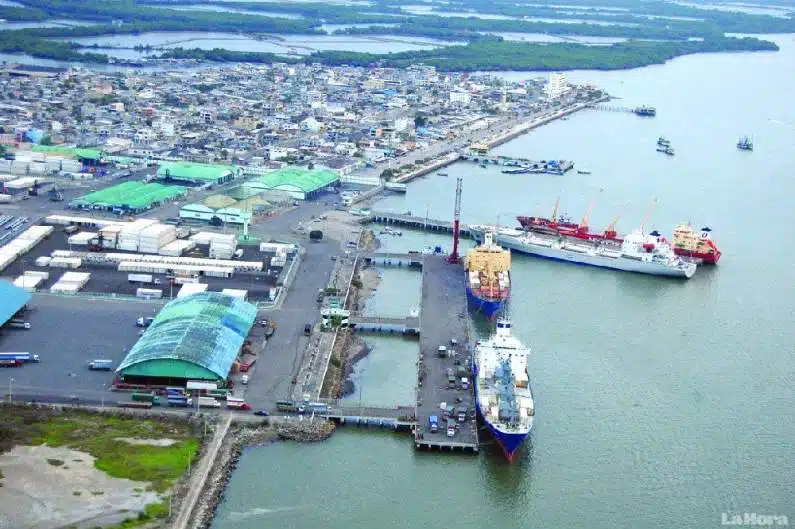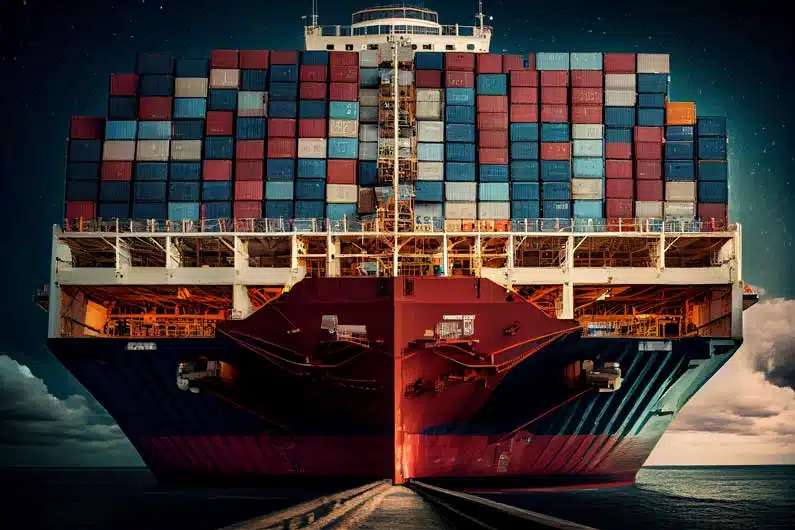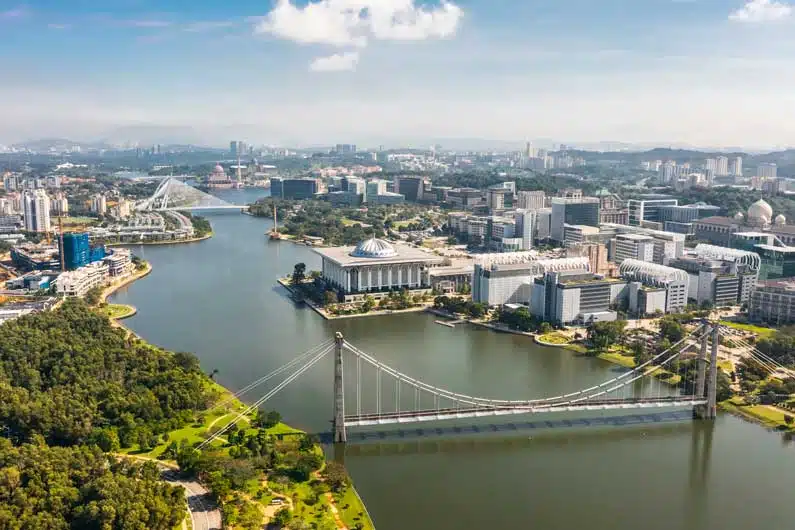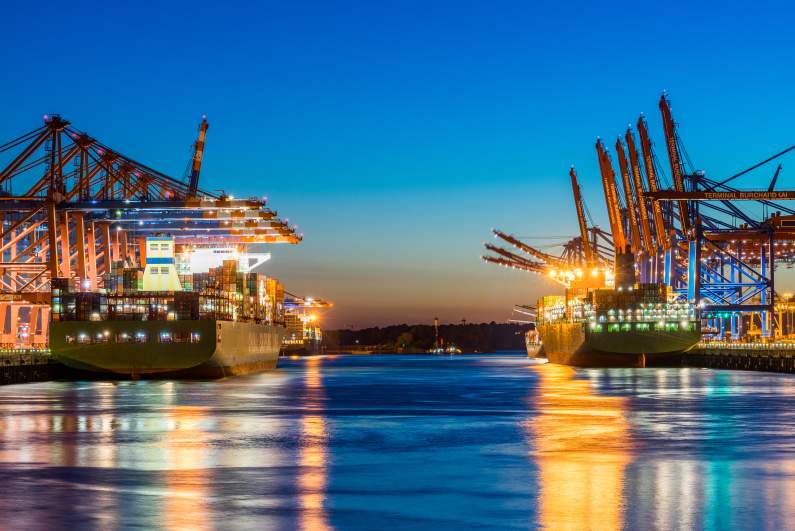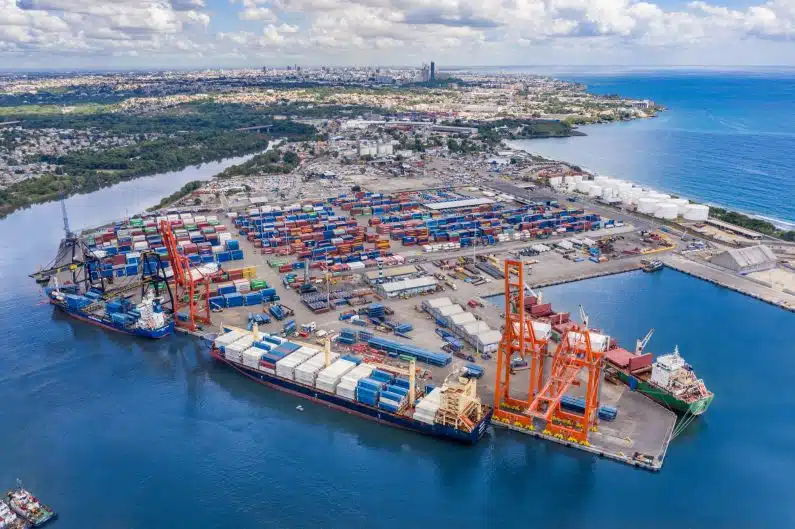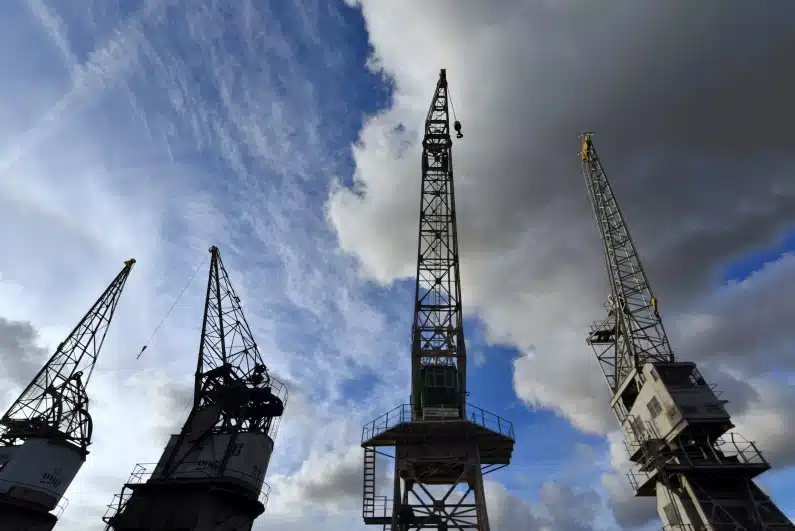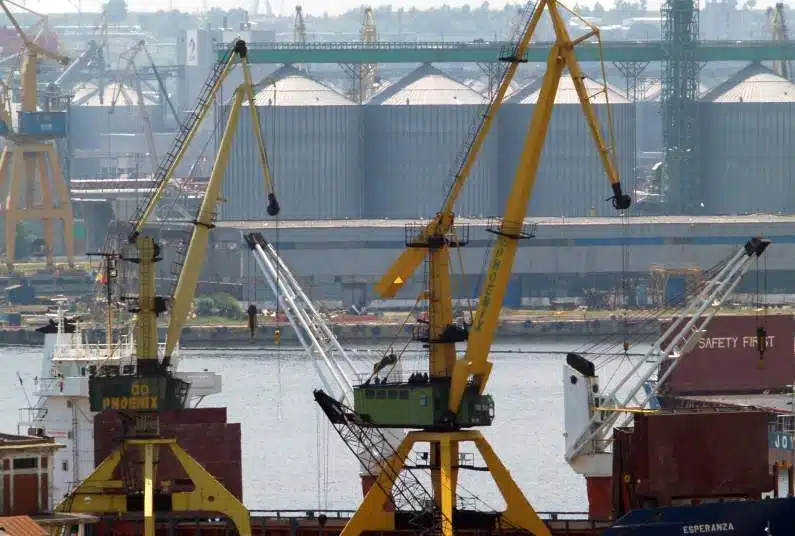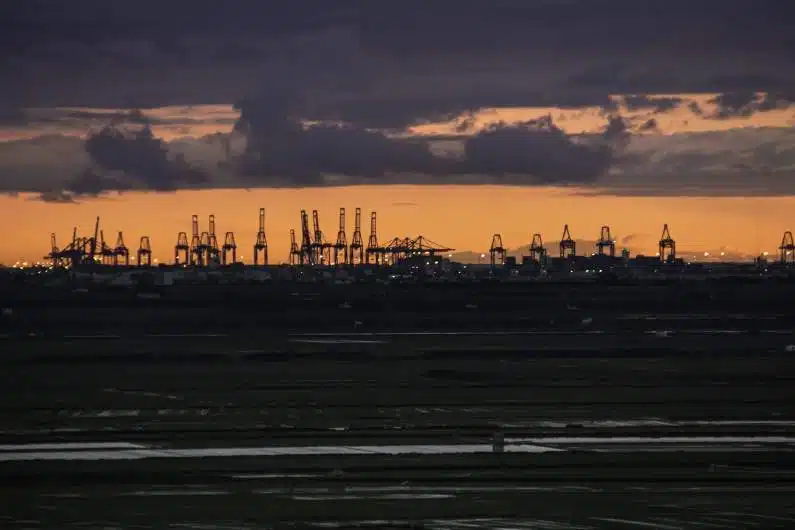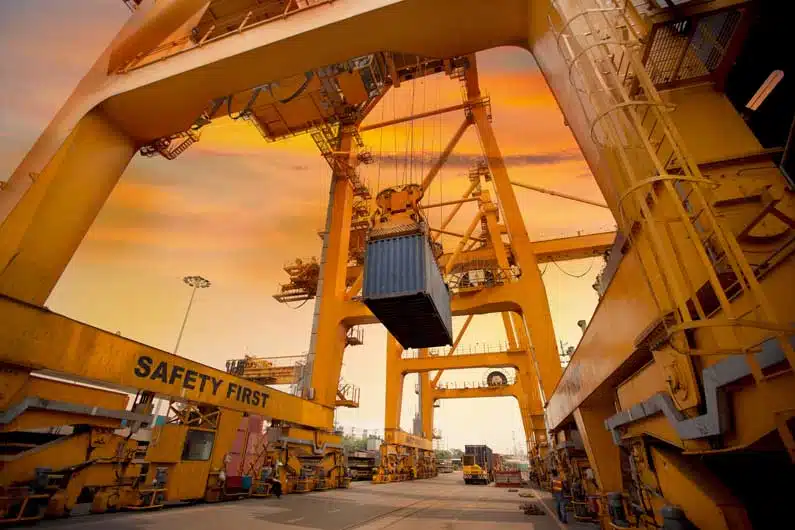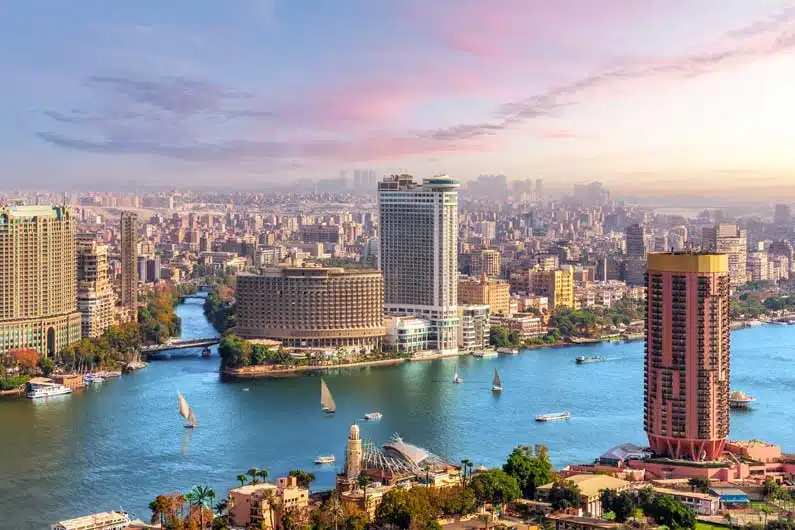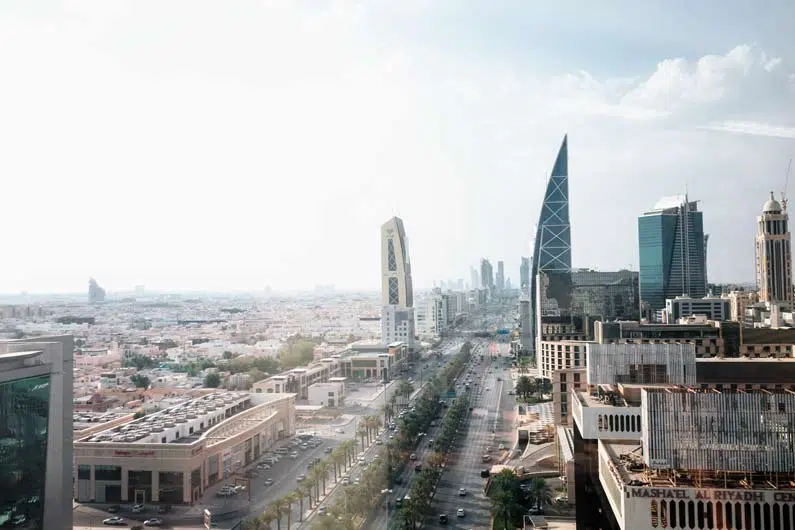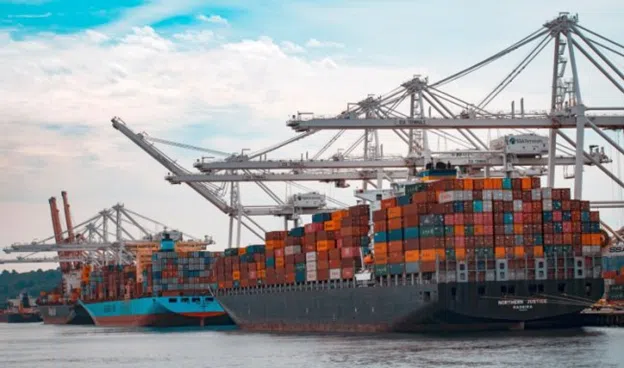Mozambique, a country rich in natural resources and fueled by a drive for development, relies on the seamless transportation of heavy equipment and oil machinery to fuel its progress. With a connection spanning vast distances, shipping to Mozambique plays a critical role in facilitating the movement of these essential assets between the industrial hub of Houston, Texas, and the shores of Mozambique. This article explores the significance of shipping heavy equipment and oil machinery to Mozambique, highlighting its role in driving economic growth, infrastructure development, and the expansion of the energy sector.
Why Shipping to Mozambique Is So Important
Fueling Infrastructure Development
As Mozambique undergoes rapid urbanization and infrastructure expansion, the transportation of heavy equipment proves vital in shaping the nation’s development landscape. From towering cranes that construct high-rise buildings to robust excavators that carve out roads and bridges, this machinery forms the backbone of Mozambique’s infrastructure projects.
Efficiently shipping these colossal assets from Houston ensures that Mozambique has access to the right equipment, empowering construction companies and enabling the timely completion of projects that support economic growth and improve the quality of life for its citizens.
Empowering the Energy Sector
Mozambique’s energy sector holds tremendous potential, particularly in oil and gas exploration and production. To unlock this potential, the transportation of specialized oil machinery becomes crucial.
From drilling rigs and subsea equipment to refining machinery, these assets are shipped from Houston to enable the efficient extraction, processing, and distribution of oil and gas resources.
As Mozambique harnesses its energy potential, the shipping industry plays a pivotal role in ensuring the timely delivery of these critical components, powering the growth of the energy sector and fostering both domestic and international investment.
Logistical Expertise and Infrastructure
Transporting heavy equipment and oil machinery between Houston and Mozambique demands a robust logistical framework and advanced infrastructure. Shipping companies specializing in heavy cargo meticulously plan the routes, taking into account factors such as distance, vessel availability, and local regulations.
At the port of Houston, specialized facilities and equipment are employed to handle the loading and securing of heavy machinery onto cargo vessels. These facilities ensure safe and efficient operations, mitigating risks associated with the transportation of oversized and heavy loads. Upon arrival in Mozambique, port authorities and customs agents work in tandem to streamline the clearance processes, expediting the flow of equipment into the country.
Economic Growth and Job Creation
The shipping of heavy equipment and oil machinery between Houston and Mozambique serves as a catalyst for economic growth and job creation. The arrival of these assets stimulates various sectors, including manufacturing, construction, and logistics, resulting in increased employment opportunities for Mozambicans. Local expertise is cultivated as the nation gains access to advanced machinery, contributing to the development of skilled labor and fostering technological advancements.
Moreover, this influx of investment and industrial activity has a multiplier effect on the economy, creating ripple effects throughout the supply chain and supporting small and medium-sized enterprises. Mozambique’s overall economic landscape is enhanced as the shipping industry facilitates the arrival of essential equipment that fuels growth, productivity, and competitiveness.
The Process of Shipping to Mozambique
Mapping the Global Supply Chain
The process of heavy equipment and oil machinery shipping to Mozambique from Houston and back begins with an intricate web of coordination and logistics. Expert teams specializing in heavy equipment shipping meticulously plan the route, considering factors such as distance, vessel availability, and local regulations.
Collaborating with freight forwarders, shipping lines, and customs agents, they ensure compliance with international trade laws and optimize the transport process.
Preparing the Equipment
Before embarking on their transoceanic journey, heavy equipment and oil machinery must undergo comprehensive preparation for shipping. This involves rigorous inspections, meticulous documentation, and, if necessary, disassembly and secure packaging to withstand the rigors of long-distance travel. Skilled technicians carefully dismantle and label the machinery, ensuring proper documentation for reassembly at the destination.
Specialized crating and packaging techniques are employed to provide adequate protection against handling, vibration, and environmental factors during transportation.
Containerization and Loading
Once appropriately packaged, heavy equipment and oil machinery are typically containerized to ensure their safe shipping to Mozambique. Containers offer protection from the elements, secure fastening, and facilitate ease of handling during loading and unloading processes.
Seasoned operators employ cranes, forklifts, and specialized equipment to skillfully load the containers onto cargo ships, optimizing space utilization while maintaining stability and balance. Attention to detail is crucial to prevent any damage and maximize space efficiency, as multiple containers may be required to accommodate the size and weight of the equipment.
Maritime Voyage and Documentation
With the heavy equipment and oil machinery securely loaded onto cargo vessels, they embark on a transoceanic voyage across the Atlantic, bound for the ports of Mozambique. This maritime journey can span several weeks, during which the vessels navigate various weather conditions and maritime challenges. Shipping companies maintain regular communication with the vessel’s crew, closely monitoring the progress of the shipment to ensure smooth operations.
Concurrently, a comprehensive set of shipping documents, including bills of lading, customs declarations, and insurance papers, are meticulously prepared and managed. These documents serve as a vital link between the exporter, shipping company, and customs authorities, facilitating the smooth transition of the cargo through ports and expediting the customs clearance processes.
Port Handling and Customs Clearance
Upon arrival in Mozambique, the heavy equipment and oil machinery undergo a series of processes to clear customs and ensure compliance with local regulations.
Trained personnel, including customs agents and port authorities, meticulously inspect the cargo, verifying the accuracy of documentation and assessing any applicable duties or taxes. This stage requires close collaboration between various stakeholders to expedite the process and minimize any potential delays.
Transportation to the Final Destination
Once the heavy equipment and oil machinery have cleared customs, they continue their journey from the Mozambican port to their ultimate destination. This stage involves careful planning and coordination to transport the cargo overland, utilizing specialized trailers and equipment designed for oversized and heavy loads.
Why Texas International Freight
When it comes to heavy equipment and oil machinery shipping to Mozambique and vice versa, Texas International Freight stands out as the premier choice for customers. With a wealth of experience and expertise in the shipping industry, they offer a comprehensive suite of services tailored specifically to meet the unique demands of transporting these colossal assets. Their meticulous planning and logistics expertise ensure seamless operations, optimized routes, and compliance with international trade regulations.
Texas International Freight’s commitment to efficiency and customer satisfaction sets them apart, ensuring the safe and timely delivery of heavy equipment and oil machinery to Mozambique’s shores and back to Houston.
With their unwavering dedication, reliable infrastructure, and a track record of successful shipments, choosing Texas International Freight guarantees a hassle-free and reliable shipping experience for customers.
Conclusion
The process of heavy equipment and oil machinery shipping to Mozambique from Houston and back exemplifies the global interconnectivity and logistical expertise that underpins modern trade.
Through meticulous planning, adherence to international regulations, and collaboration between stakeholders, these colossal assets bridge continents, driving Mozambique’s development and economic growth.
As the wheels of commerce keep turning, the shipping industry remains a crucial facilitator, connecting nations, and propelling progress across borders. Together, they empower Mozambique to harness its vast potential, fostering a future of sustainable growth and prosperity.

